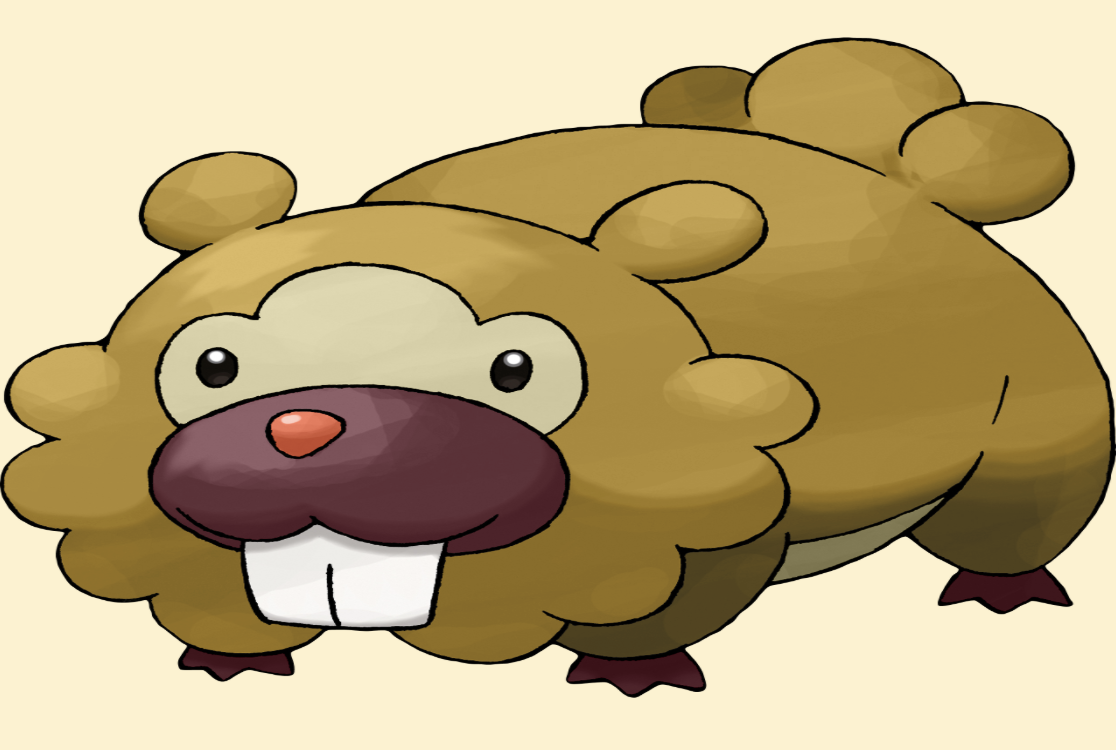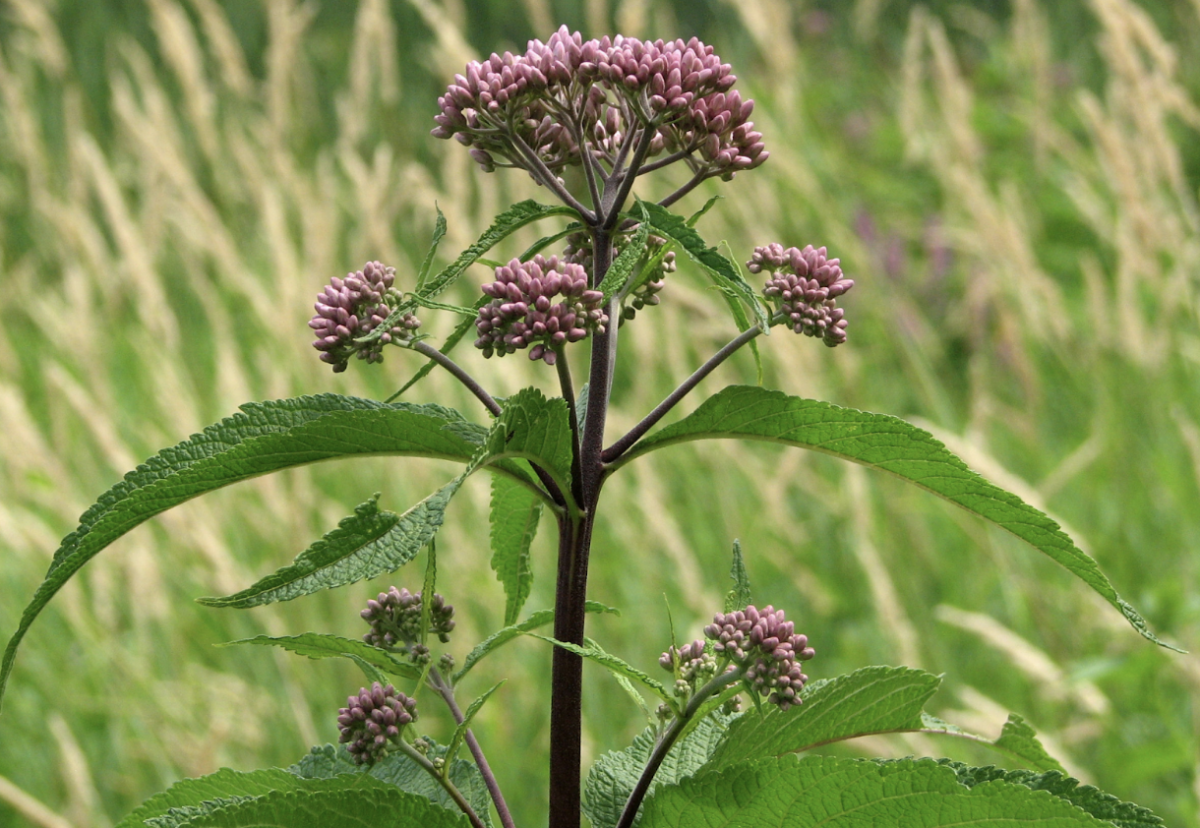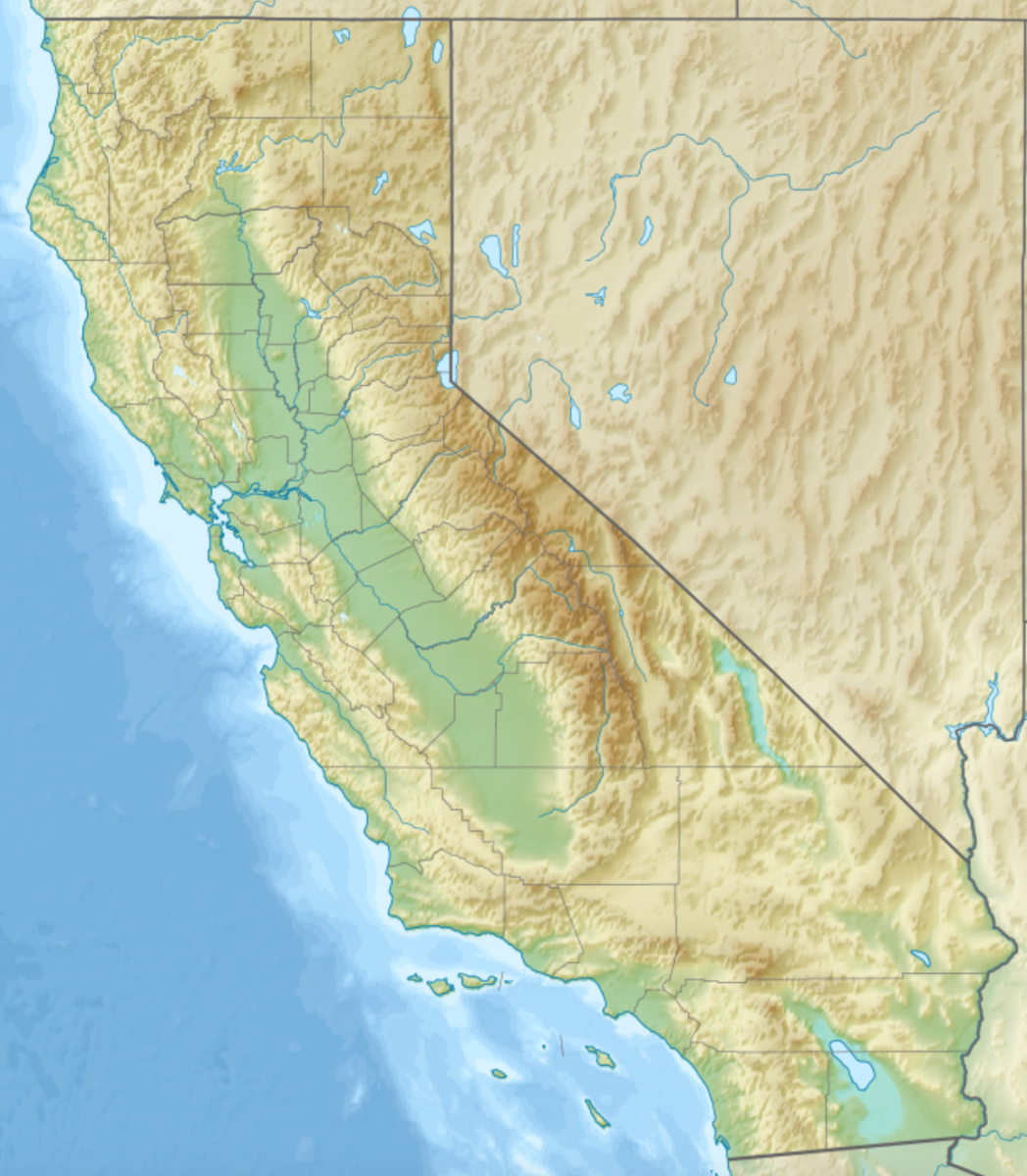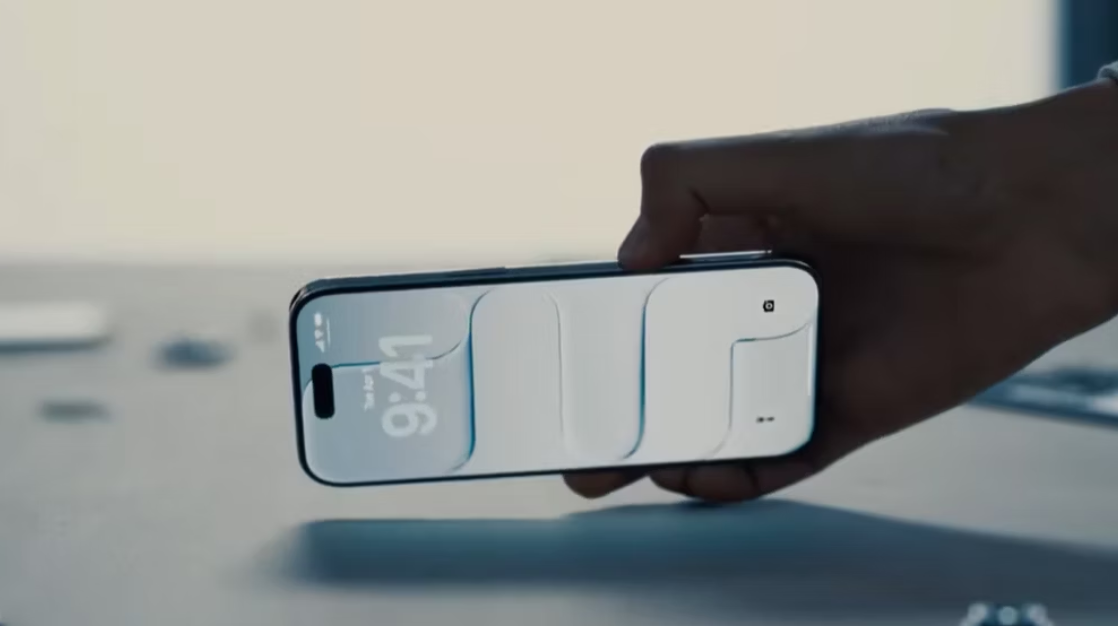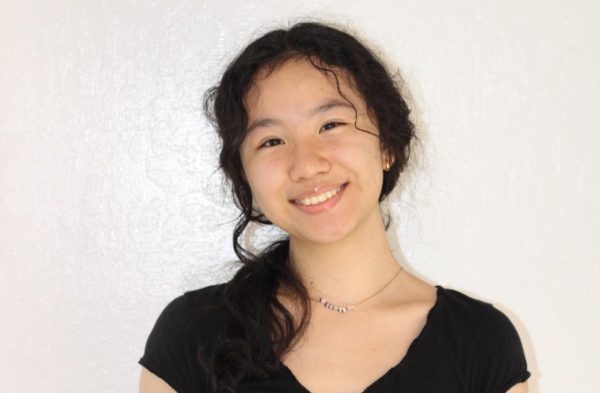Disclaimer: This interview consists of opinions based on different experiences from different students. While this publication may be used to gain some insight into the college app process, please remember that there is no “perfect formula” for getting into college and college applications vary by person. What works for one person may not work for another! Use your best judgment when taking advice from these interviews.
All interviews with The Quill are done with permission from the students. In order to protect their privacy, they may opt to be anonymous or just use their initials.
Alina: How was the college app process?
Gauri: It’s just that I feel stressed right now, because decisions are coming out, but yeah.
Alina: Was there anything that you found helpful to do during the college app process? Any advice for the rising seniors?
Alyssa: Be prepared and confident in your writing by the time you apply to your top school, which usually means writing a couple apps first because you’re gonna feel more comfortable once you’re in the rhythm.
Gauri: Like I know everyone says this, but when they say start in the summer, start in the summer. It would’ve helped so much. Figure out past supplemental [essays of your colleges], just practice writing them. Like even if you just wanted to start practicing—it’s a very different style of writing than we’ve ever done before. So definitely get practice with that.
Alina: How were the interviews, and any advice?
Gauri: Um, I had an…interesting…experience [laughs]. I think one of them went pretty straightforward, and the other was very not, so I think it just depends on which school you’re applying to. For example, my Harvard interview was not at all what I expected from it, and the questions were not prepare-able at all. I think my interviewer was trying to be very conversational, in that he kept trying to bring up things like A Beautiful Mind, the movie, but I’ve never watched that. And just questions like “What economic policies are you interested in”, things like that, because I was applying as an Econ major. So it wasn’t just a standard “Why our school?” like a lot of times, but for other interviews, it was very much on the nose of what I prepared for. So yeah, it depends on the school. Overall, for preparing for school-specific questions, write out a list of questions you think you will answer and get sample responses. But in general, treat it as if it’s a conversation.
Alina: What are your extracurriculars, and how have they helped your college app process?
Alyssa: The biggest thing is, don’t try to fake your interests, because you’ll never be able to put in as much effort as something you don’t care about, so even if it might not seem as standard—because everyone in BISV does STEM. So if you don’t care about STEM, don’t try to do that kind of thing. Because, especially, a lot of essays will ask you about extracurricular activities and they can tell what you’re not passionate about. So be true to that. I would say, also, to start off with a lot, and then narrow it down with your high school career, and try to figure out what you like as well. So by the time you reach senior year—and I’ve heard this from admissions officers—you should have like one or two extracurriculars that you’re really devoted to. It shows the admissions officers your passions and your commitment to things, so they’re gonna understand if you don’t have, like, a thousand hours per extracurricular.
Alina: How about for research? [Are you premed?]
Alyssa: I’m premed. There are a lot of summer programs that involve research. There’s RISE that’s in Boston, there’s RMP that’s in Santa Barbara, there’s SIMR at Stanford, so definitely shoot your shot at those. But also just cold-emailing professors works. And if you’re doing other extracurriculars, try to network, because you can always find yourself suggested to apply to something or suggested to reach out. And it’s a lot easier to get opportunities that way if you’re recommended rather than just shooting your shot. But again, shoot your shot!
Arun: I think just doing what you’re passionate about, and a bit of nepotism. The point is getting internships, and trying to email a bunch of professors. I emailed like 60 professors just to get one back. [not locally] So I did some research with him. Yeah, I think there’s a bit of luck obviously, but if you try your best to find a research opportunity, you can find one.
Alina: Was yours online or virtual?
Arun: Yeah it was online.
Alina: Extracurriculars cont.?
Anon: I mean same story with Arun, I think a lot of it comes down to shooting a lot of shots. Obviously when you’re outreaching, a lot of the time you’re gonna get no’s. Sometimes they won’t respond at all, and I think that could be demoralizing, but at the end of the day, you kind of just have to shotgun it out and go with the ones who say yes, and build off of that. In our experiences, the initial part was the hardest part, like the initial “yes.” But afterwards, you can build traction up.
Alan: But I do think one more thing I do like to add is finding something you’re passionate about is more important than you think, because college isn’t end-all-be-all. Whatever you do in high school is still valuable experience for later on. And if you find something you’re passionate about, it doesn’t matter what college you go to, because you can keep doing your passion no matter where you are.
Arun: I think it’s hard to get a personality from academics, like internships or research, but I think volunteering is the one thing where you can find a purpose or community. In my experience with volunteering in the MLK library next to San Jose State, I didn’t know I was into education, and being able to work with the middle school kids, and being able to teach them something, it kind of made me feel like I wanted to help the underdeveloped people, and have a reason to do all of this, for a cause.
Alyssa: I agree with what Arun said about volunteering, but I low key disagree with when he said, like, internships, and research, don’t shape your personality and all that. I think it really depends on the opportunity you’re given and what you make of what you have. Because you can always make personal connections and memories and experiences out of anything you do. All of that is unique to you and you can use that to your advantage when it comes to writing applications, because no one is going to live the same life or have the same experiences you have. Even if it’s the same summer program, you’re going to have different perspectives by the end of it. Also when it comes to writing essays about extracurriculars or writing descriptions [for activities] or that kind of stuff, really hone in to not just what you researched, but what you learned from it and how it helped you grow. And memories and stuff like that; I think things like that can help. And even if it’s academic, always tie it back to your personal growth.
Alina: Would you recommend volunteering at more general places like food banks?
Arun: I think you should volunteer at a place you’re passionate about. Cause there’s a bunch of different places where you can volunteer, I don’t think you should just find whatever’s available. Cause I waited a year to find an opportunity to specifically help kids, or else I could’ve just volunteered at a hospice or something, but I choose to wait and do it at something I’m more passionate about.
Gauri: I think for volunteering, yes, you can volunteer at a lot of places to get hours, if you’re going for awards. But it can kind of seem all over the place and like you’re volunteering just to volunteer, if you don’t find something very centric to what you’re passionate about or maybe a cause you’d like to further. So I think just finding that specific niche is important to you.
Alyssa: About volunteering, I think especially if you don’t have a built passion you are very confident in, you can feel kind of lost when it comes to what you wanna volunteer as. In that case, definitely just take whatever opportunities you have, and try to build it from there. Because maybe it’s just me personally, but I feel like personal connections are just as important as the actual work that you do. You can definitely develop passions and interests from conversations you have and not just the work that you do. So even if you’re volunteering at a library or food bank, but you don’t want to go into education or nutrition, you can still talk to people who have their own life experiences, and maybe develop a passion from that.
Alina: Okay thank you guys!!
Gauri: Thank you!
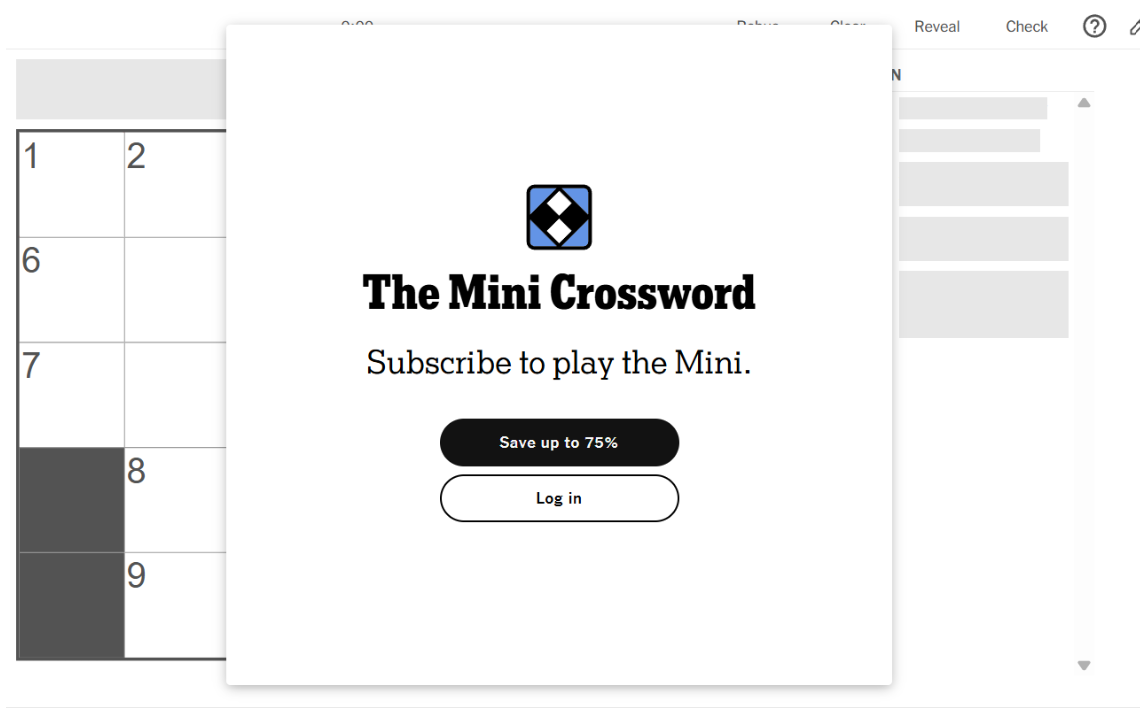







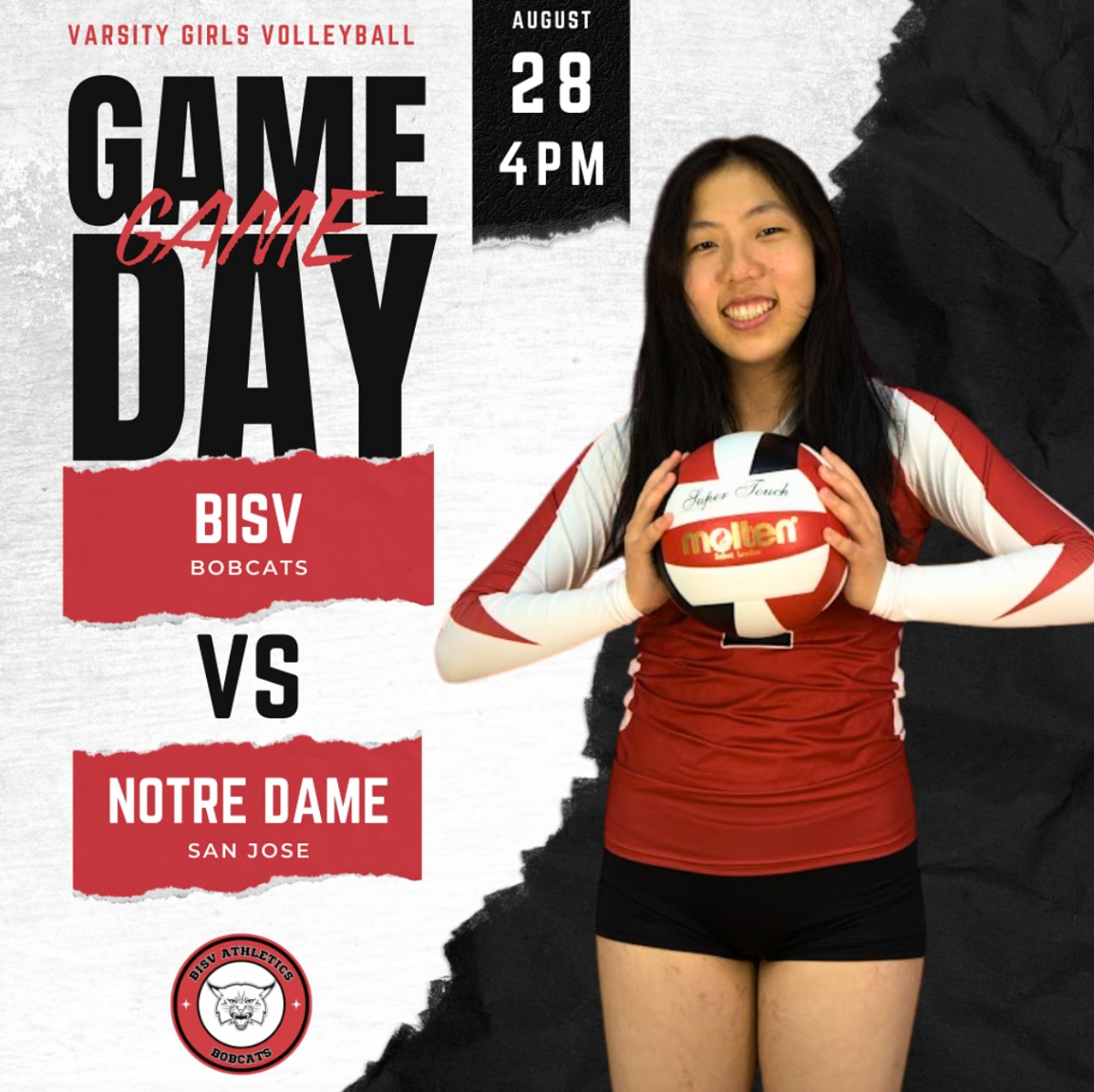
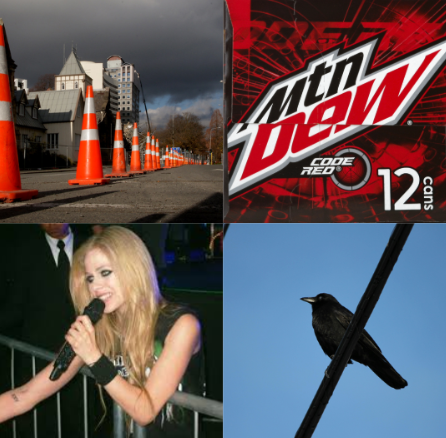

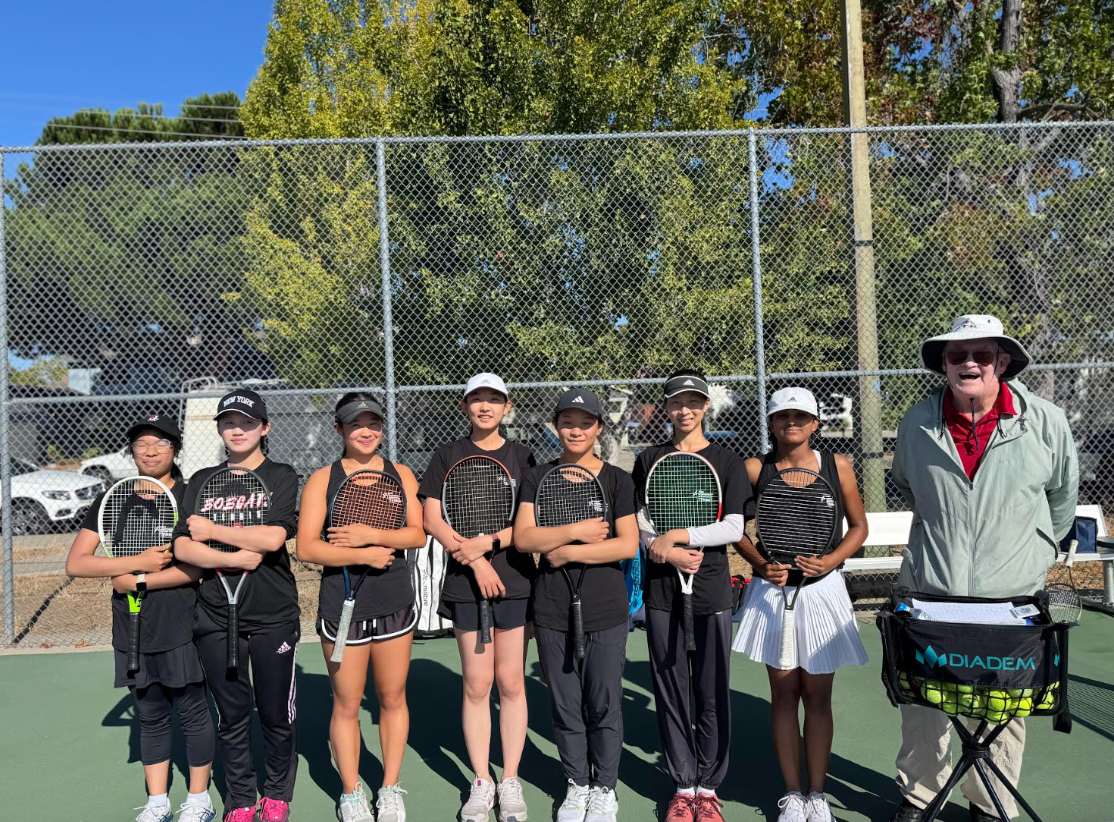





![Teacher [Milk] Tea: Part 2](https://bisvquill.com/wp-content/uploads/2024/03/Screen-Shot-2024-03-19-at-9.28.48-PM.png)












